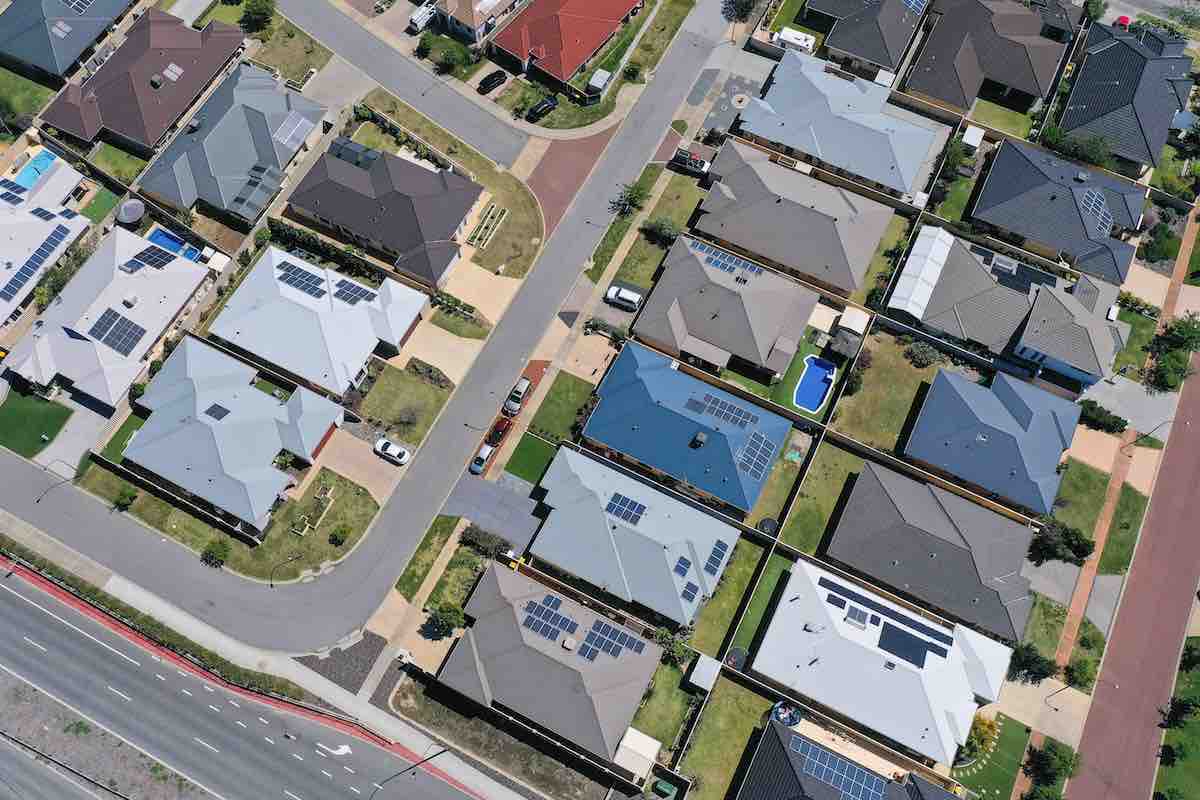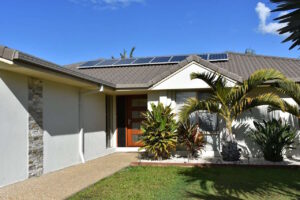Western Australia has signed up two key suppliers to its Project Symphony pilot, a $35.5 million trial to “orchestrate” customer resources ranging from rooftop solar and battery storage to hot water systems and electric vehicles.
WA government-owned gen-tailer Synergy says it has signed contracts with solar optimisation company Evergen and hot water system supplier Rheem to supply third-party distributed energy resources (DER) for the pilot.
The contracts will see Synergy integrate Evergen and Rheem customer DER into the project, adding to the more than 600 assets already signed up to the pilot.
A whole lot of solar
Western Australia has a huge amount of rooftop solar systems on its grid, with recent government data suggesting home owners are currently installing it at a rate of 3,000 new households a month.
In 2021, WA households added 191MW of new panels to their rooftops bringing the total amount of residential solar capacity in the South West Interconnected System, the state’s main grid, to 1,362MW.
To help manage this huge and growing power source, the state last year became the second in Australia to enable AEMO to order residential rooftop solar systems to be switched off remotely as an emergency measure to keep the grid stable.
The measure, which follows the lead of South Australia in September of 2020, comes into play early next year as a tool “of last resort,” the McGowan government has said, for use over short periods on days when abundant rooftop solar generation sent grid demand to critically low levels.
As Project Symphony’s Megan Allen explains here, the collaboration between Western Power, Synergy, the AEMO and the WA government aims to find more productive and less drastic ways to manage the opportunities and challenges of increasing DER.
Good for the grid and for consumers
Ultimately, Project Symphony aims to manage the power supply and demand of 900 DER assets across around 500 households and businesses in Perth’s Southern River area.
The aim for Synergy is to harness excess energy from these DER assets and aggregate it for use as a so-called virtual power plant that can feed electricity into the network in much the same way as a traditional power station.
While helping to ensure the WA grid can run seamlessly during times of peak distributed solar generation, Project Symphony also aims to deliver more value to customers from their assets by enabling participation in energy markets and services.
The project, part of the McGowan government’s Distributed Energy Resources Roadmap and Energy Transformation Strategy, has received $19.3 million in state government funding, $7.6 million from AEMO and $8.6 million from the Australian Renewable Energy Agency.
New milestone
As Allen notes, the project has already achieved a significant milestone with the successful testing of the intelligent systems necessary to simulate a market of 200kW of orchestrated energy over a bi-directional balancing market trading interval.
The testing saw seven organisations, including technology partners and project partners across five different time zones, conduct 20 integration tests over five days.
State energy minister Bill Johnston says the new contracts with Evergen and Rheem mark a major step towards a future where sustainability is key for customers and stability is provided to WA’s power system.
“Project Symphony is an innovative approach to coordinating our future energy system, as Western Australians embrace rooftop solar at a record rate,” Johnston said.










